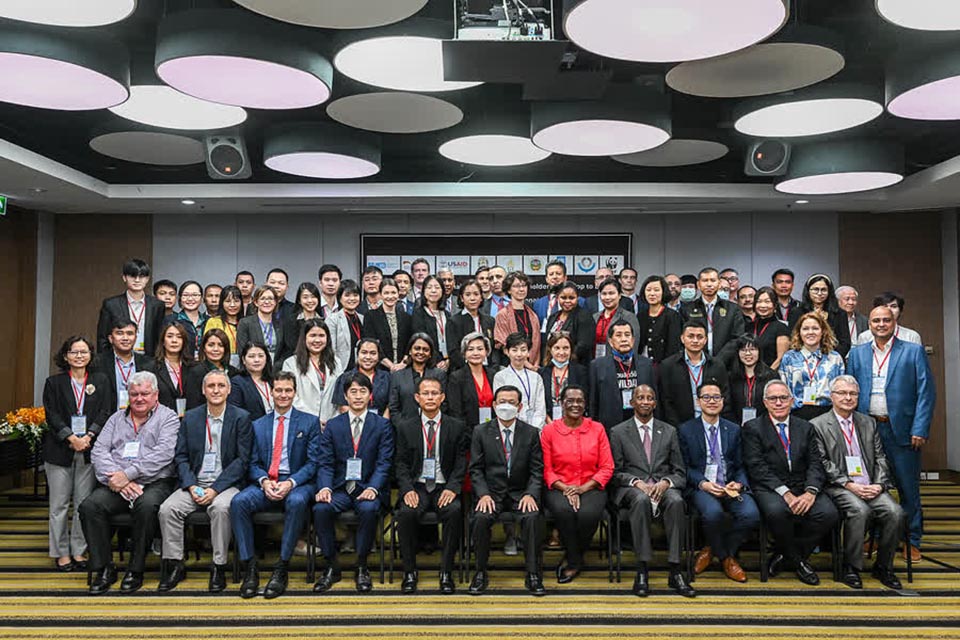
Earlier this month, around 60 government regulators and leaders from the maritime industry convened for two days at the “All Hands on Deck’’ workshop. The aim was to learn and craft strategies for countering the illegal wildlife trade (IWT) at shipping ports.
The Thai Maritime, Customs and Environment Departments led the government side, while the Thai International Cargo and Container Terminals Association and Bangkok Shipowners and Agents Association also joined the international discussion on suppressing wildlife trafficking.
Also in attendance were more than 30 specialists from global shipping industry associations, development organization experts, representatives from other sectors, and observers from nations such as Kenya, Vietnam and France.
IWT is now recognized by many as a multi-billion-dollar transnational criminal industry that threatens national security, undermines the rule of law and fuels corruption. It also supports organized criminal networks while robbing communities of their legitimate livelihoods and sources of income.
The workshop aims to support Thailand’s full implementation of the newly adopted International Maritime Organization (IMO) Guidelines. These are intended to prevent and suppress wildlife smuggling on international maritime ships. The Guidelines were adopted early this year with the Thai Government playing a major role in reviewing and having it approved by the IMO’s 46th Meeting of the Facilitation Committee plenary.
The workshop also introduced the WWF and TRAFFIC compendium of red flag indicators for Wildlife and Timber Trafficking in Containerised Sea Cargo. This document helps maritime industry players detect illegal wildlife trafficking in cargo shipments and disrupt related criminal activities. (NNT)
 |
 |
 |





